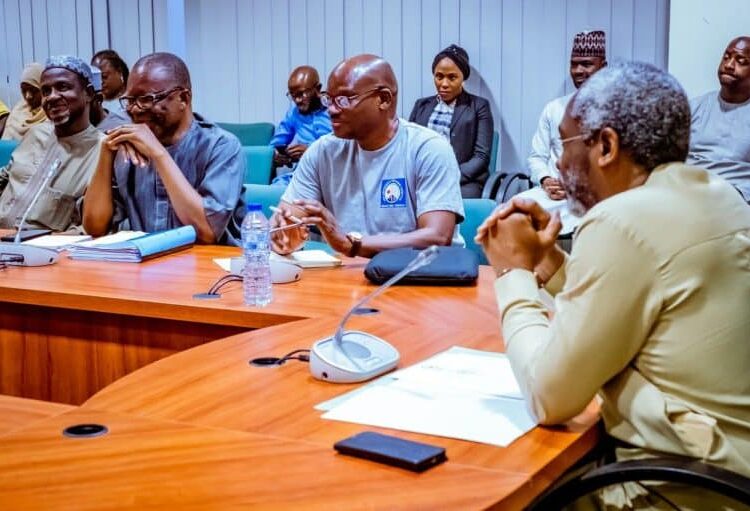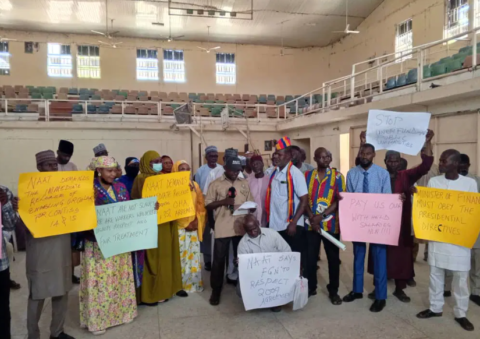There has been a sign of progress in the ongoing discussions between the federal government and the Academic Staff Union of Universities (ASUU). Both sides reported over the weekend that their talks are moving forward, offering hope for a possible resolution to the dispute that has been going on for some time. This positive development has raised hopes that a solution may be in sight soon.
ASUU had issued a 21-day strike notice to the federal government on August 19. This decision came after the union’s National Executive Council (NEC) meeting at the University of Ibadan, where several key demands were outlined. ASUU’s aim was to push the government to address these demands, which have long been a source of tension between the two parties. To prevent the strike from happening, both parties met last week to begin serious negotiations.
During the meeting, the two sides agreed to form a sub-committee that would carefully review the demands put forward by ASUU. This sub-committee’s task is to assess the union’s concerns and come up with recommendations. The government also promised to work on finding long-term solutions to the ongoing issues. To keep the momentum going, they scheduled another meeting for September 6, where further discussions will take place.
The Minister of Education, Professor Tahir Mamman, addressed the union on Friday, praising the efforts made so far to improve the situation. According to a statement by Mrs. Boriowo Folasade, the director of press and public relations for the Ministry of Education, progress has been made in the discussions between the two sides. Professor Mamman emphasized that continued cooperation and gathering more information are necessary to address the unresolved issues.
Folasade explained that the joint committee set up by the government and ASUU has been focusing on critical concerns raised by the union. So far, there has been notable progress in identifying solutions and exchanging valuable information. This has been a key part of the negotiation process and has helped to move the talks in the right direction.
However, despite the progress, more work remains to be done. The committee has made some headway, but further discussions are needed to finalize the decisions. Both sides will need to work closely together in the coming weeks to ensure that concrete actions are taken. This will be crucial for reaching a lasting solution to the issues that have been causing disruptions in Nigeria’s university system.
As the talks continue, both the federal government and ASUU seem committed to finding a resolution that benefits all parties involved. The progress made so far has been encouraging, and there is hope that a final agreement will be reached soon. With the next meeting scheduled for September 6, there is cautious optimism that the ongoing dispute can finally be put to rest.
This progress in negotiations is seen as a positive step toward improving the overall state of the education sector in Nigeria. Both parties recognize the importance of working together to address the challenges that have long affected the university system. If successful, the resolution of this dispute could lead to a stronger, more effective education system in the country.





